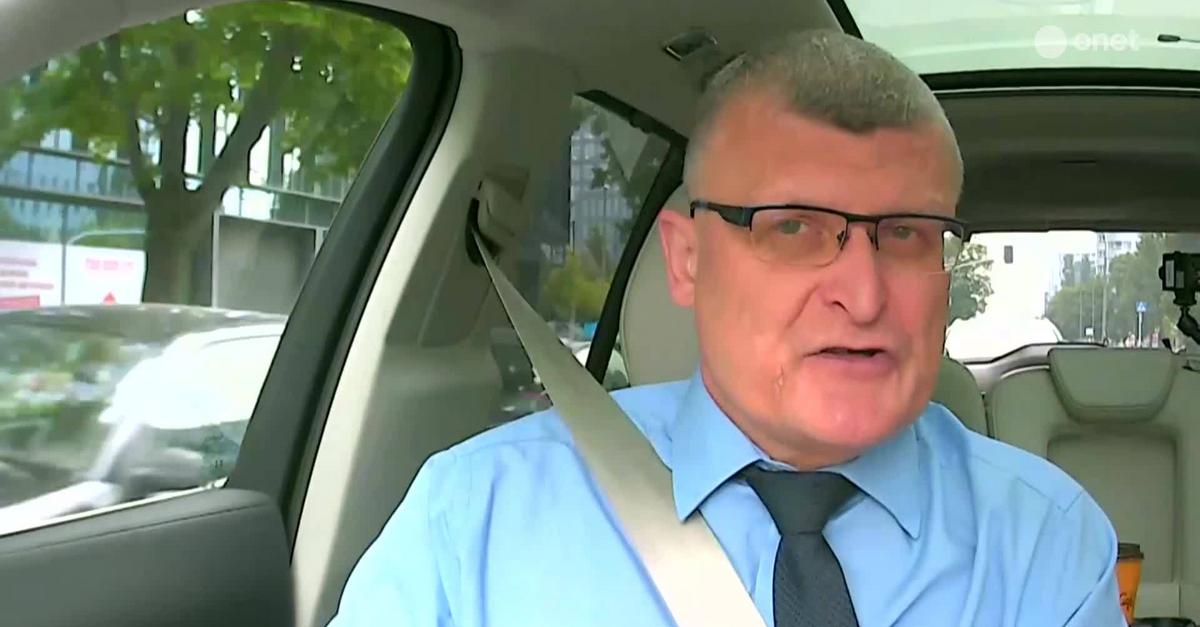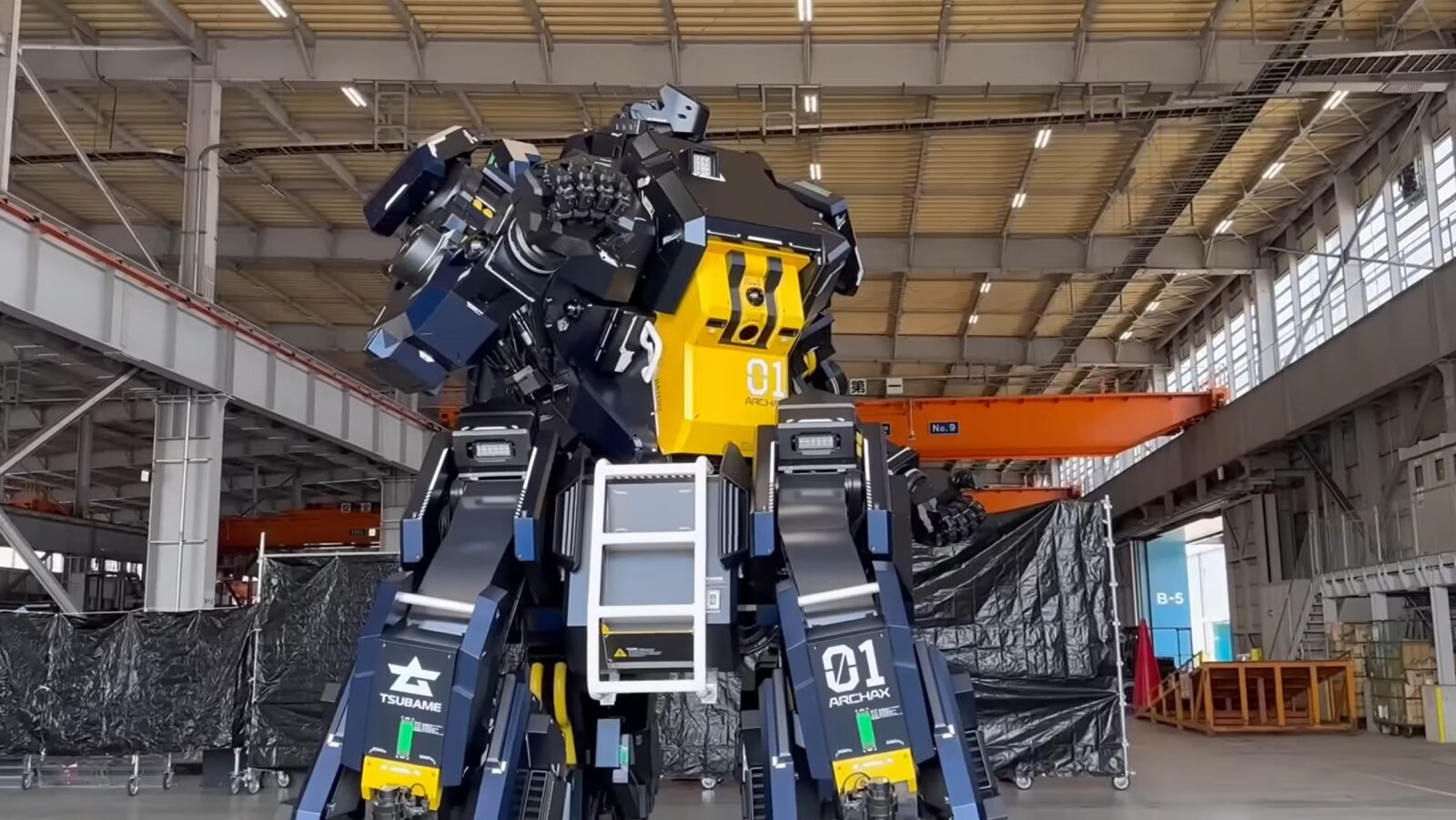Just lay there for two months. Moreover, for very good pay and for the benefit of science. It seems like just a dream job. The experiment, organized by scientists from Germany and NASA, will be very stressful for the participants, but of great value for science.
During the examination you cannot stand even for a single moment for two months. There should be at least one arm in contact with the mattress at all times. In this position the subject works, takes care of his hygiene and spends his free time. – In addition to lying down, these people will also be placed in the same lying position as in the centrifuge, and there will also be training on a specially adapted bicycle – says Leszek Orzechowski, director of the Lunaris Analog Base Habitat. In addition, participants in the experiment will lie on beds tilted at a six-degree angle, with their heads lower than their legs. – “Bedrest” research, as it is called, involves trying to recreate the effect of microgravity on our bodies. In fact, we do not even lie flat, but about six degrees with our heads down, because this is the best simulation – explains Colonel Reserve, MD, PhD. Krzysztof Pawe Kowalczuk of the Military Institute of Aviation Medicine.
Returning to Earth involves many problems
The simulation aims to help find the golden mean for long-term space travel. – First of all, learning about different physiological phenomena, looking at them from a scientific and medical perspective, how the body reacts, how it tells stories, and most importantly, finding countermeasures – says Dr. Grzegorz Słowik from the University of Zielona Góra. German scientists will pay twelve volunteers €18,000 each to spend 60 days in similar conditions, but the positives end there. – Most trials are like this, they are limited to 60 days. Because it is common that these negative changes – it is undeniable that they are not good for us – up to 60 days of bed rest is still suitable for later rehabilitation – Kowalchuk explains.
Two weeks is like 20 years of old age
Returning to Earth after weeks or even months in orbit poses many problems. Some people forget that they are no longer in microgravity. Others cannot tolerate the gravity of our planet.
– We can see how things go, and the best way is to look at pictures of the astronauts after landing, carrying them out of the capsule in their arms. Not because we love astronauts so much that we carry them in our arms. These people simply won't be able to stand on their own, Kowalchuk says.
Because there are many changes in the bodies of astronauts, especially in the muscles and bones. After just two weeks in microgravity, a person's muscles shrink by 20%, and about 2% of bone mass is lost each month. Scientists compare this to a 20-year lifespan.
Watch on TVN24 GO: This is the most advanced Polish satellite. It will be in orbit soon
The electronic dog is being prepared for a trip into spacePawel Abramovitch / Fakti TVN
The longest time spent in microgravity at present is more than 420 days. Kovalchuk admits that the cosmonauts, or as the Soviet cosmonauts preferred to call them, never fully recovered. Despite this, space agencies are announcing longer flights. NASA wants to send people to Mars in the coming decades. It is difficult to imagine what effect this would have on a person.
It will take about nine months to travel to Mars, then live on this celestial body for a year, where conditions are also unfavorable, and then return.
– We will not be able to cope without some appropriate mechanisms, procedures and a proper training system – says Orzechowski.
Being in space also leaves an impact on the psyche
Being in space leaves a mark not only on your health, but also on your psyche. – Man in general is a herd animal. We are accustomed to interacting with many people every day. Suddenly our herd grows to a maximum of five people, and we have been together for three years – says Kowalchuk.
See also: A piece of metal penetrated two floors of the house. NASA reveals where space waste comes from
Little is known about the disorderly behavior of people in orbit. Space agencies do not like to publish such cases, but American journalists recently learned about the story of Taylor Wang, who flew into space in 1985. During the mission, the man allegedly threatened the flight center that he would not return to Earth if controllers did not listen to him. Fortunately, nothing bad happened, but since then the expedition leaders have been flying around with special locks in case someone wants to open the hatch and kill the entire crew.
Facts about the world TVN24 BiS
Main image source: DLR

Echo Richards embodies a personality that is a delightful contradiction: a humble musicaholic who never brags about her expansive knowledge of both classic and contemporary tunes. Infuriatingly modest, one would never know from a mere conversation how deeply entrenched she is in the world of music. This passion seamlessly translates into her problem-solving skills, with Echo often drawing inspiration from melodies and rhythms. A voracious reader, she dives deep into literature, using stories to influence her own hardcore writing. Her spirited advocacy for alcohol isn’t about mere indulgence, but about celebrating life’s poignant moments.






